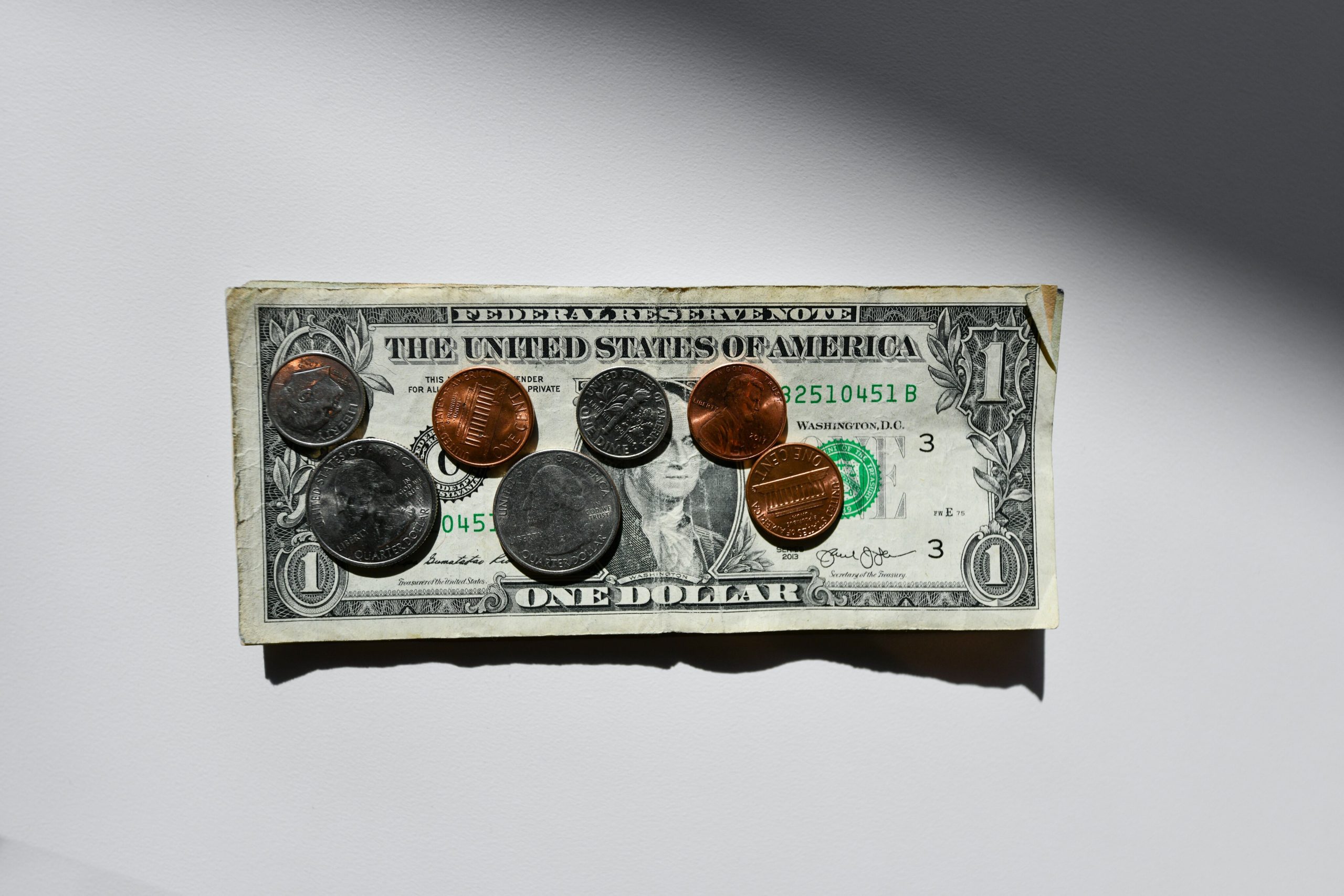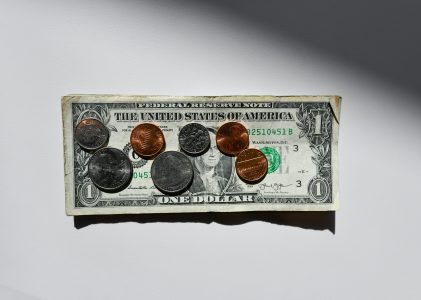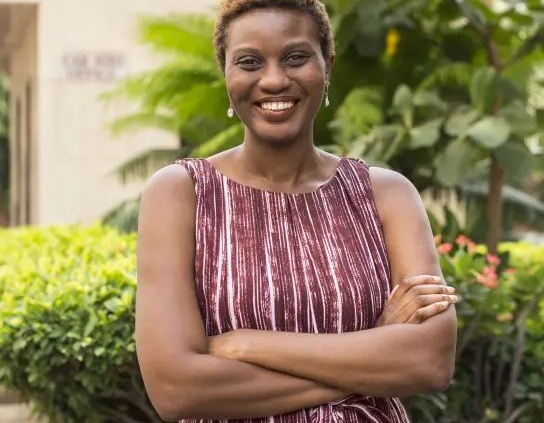
Dear feminist sibling,
How are you today? How do you keep the feminist fire burning as we deal with the poly-crises and constant reminders that our lives do not matter? Can you believe we survived a pandemic, and the shifts were not seismic? How do you keep hope alive? So many truths were revealed to us during the COVID-19 pandemic. Truth we already knew from previous epidemics, conflicts, genocides and other crises, including on resourcing movements and our civic work.
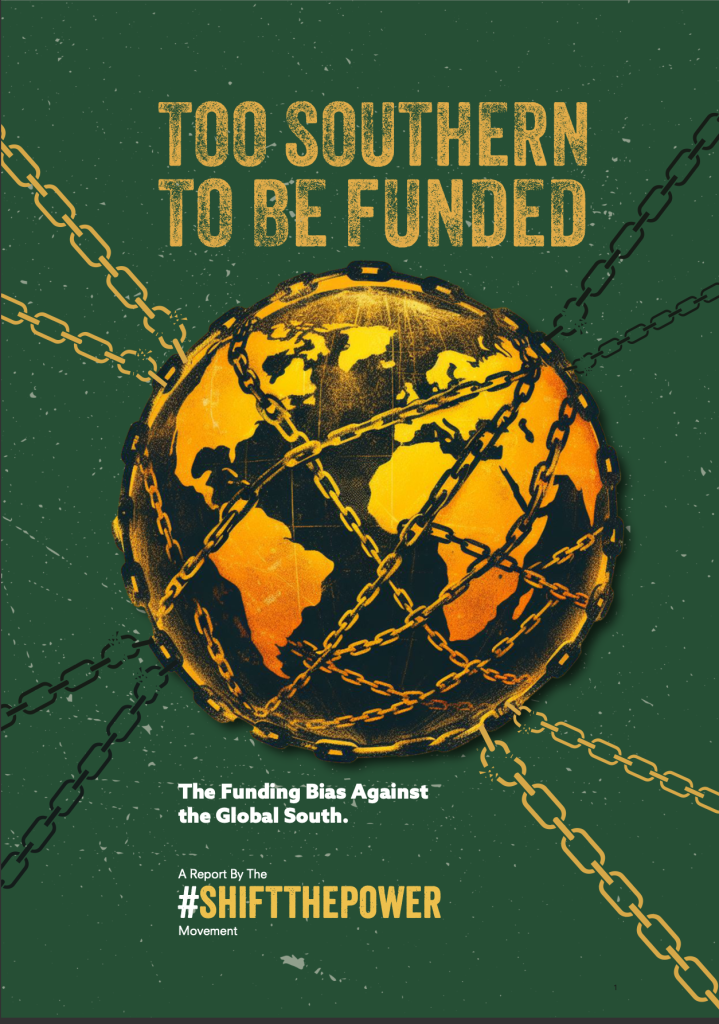
Our elders and contemporaries have theorized about power and given us the tools to unpack power. The time has come to do the same with money and how it upholds power and privilege – in this letter, I wish to discuss money. As activists, feminists, African women and gender-expansive persons, discussing money can often seem uncouth or beyond our “scope of work”. Thanks to those who refused to listen and have tirelessly followed the money, we continue to learn that financing of the struggle remains one of the biggest challenges of our time. We found out before the pandemic that “women’s rights organizations receive less than 1% of aid focused on gender equality in particular women’s rights and feminist organizations in global majority world while doing the actual work to advance women’s rights and gender equality.” This has been proven extensively with research by AWID, Black Feminist Fund, FRIDA, and Mama Cash, to name a few. They provided evidence, you know, “receipts” on how our activism and labour as feminists and activists is unvalued the same way care work is. Our collective work diagnoses, unearths, unmasks, reveals, heals, and repairs. So we do the care work that feminist economists (remember this statement by African Feminists) have shown transforms our communities. Without collective care work, there would be no sustained struggle. I digress, but as I read the #ShiftThePower Movement report; Too Southern To Be Funded, it showed me that the promised Global North donor resources are mainly limited to civil society organizations in the Global North. 90% of all OECD DAC member countries’ civil society support goes to CSOs in their own countries and other Global North CSOs, while less than 10% goes to CSOs in partner countries in the Global Majority. A friend told me that in a consortium they are part of, only 17% of the money available is granted to Global Majority Partners; the rest is held by their partners based in the Global Minority. And yes, most of the work is implemented in the global majority world.
When the sector talks about donor fatigue or donors saying they don’t see where the money is going. Well, only less than 10% of your money comes directly to us. They should ask Northern CSOs about the other 90% – they shouldn’t ask us.
In this system, Global minority partners are often asked to deliver at the same level or more as the Global majority partners. Who is holding who accountable? Who holds power, or who is helping and maintaining power structures? So when the sector talks about donor fatigue or donors saying they don’t see where the money is going. Well, only less than 10% of your money comes directly to us. They should ask Northern CSOs about the other 90% – they shouldn’t ask us. Are they assessing and holding the Global majority of civil society organizations accountable on that basis and in the same spirit? We are fighting for our lives, dignity and audacity to thrive with less than 10%, as our care work continues to be undervalued, invisibilized and depoliticized.
As we work to break the chains of colonization and move towards decolonization, it must include how our work, movements and institutions are financed. The Too Southern To Be Funded Report offered to me another point of reflection and convergence that started when a separate report “Progressive cash for the anti-LGBTQI backlash?” was released last year showing that those who were funding our work to guarantee dignity for all also funding those who sow seeds of hate and discord in our communities.
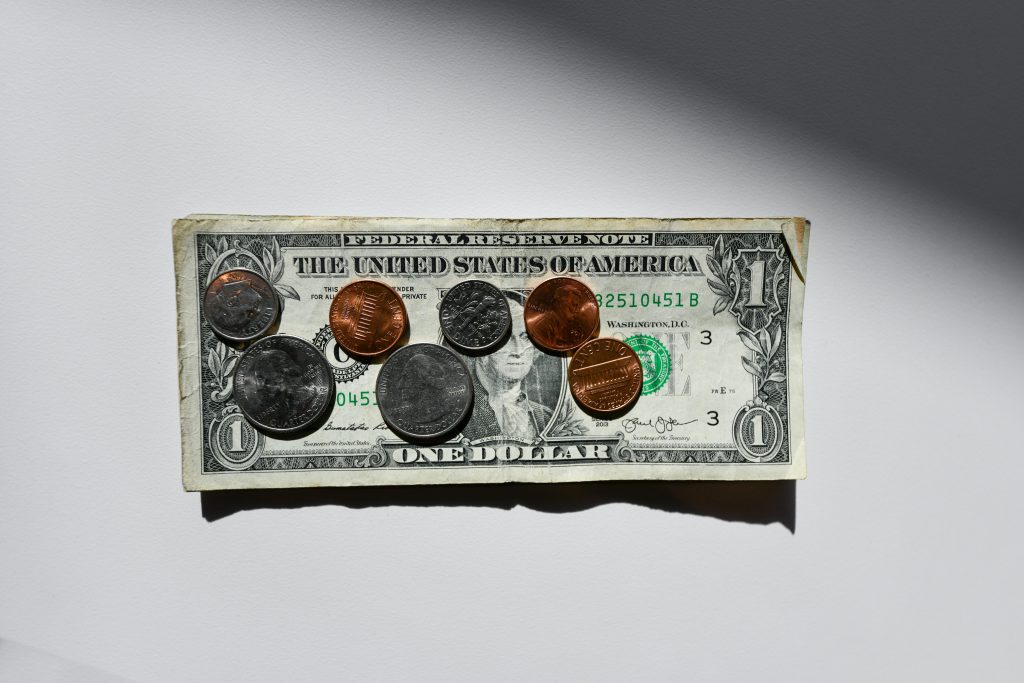
It is clearer now that the funding narrative for which we keep getting told that we do not have the absorptive capacity and accountable mechanism is not the full story. In fact, the truth is that there are formal and informal strings in place that clearly state the monies must go through Northern civil society organizations. So even if ODA funding is increased, only a small percentage will trickle down (sounds familiar right?), because it’s going through the same tied systems. We need a transformation of the system, and not simply increased funding through the same tied aid system. Those using a neoliberal capitalist lens would argue that since it is Global North money, beggars can’t be choosers, and Northern donors should be the ones to set the terms. However, we are reminded by pan-Africanists and feminists, the wealth of these countries would not be possible without exploitation and extraction of the Global South. Ama Ata Aidoo, long may her words and spirits live as a guiding light, told them that the wealth and money came from us. It was on our backs, our communities and our resources. She rightfully asked, is it over? It is not. So, let’s not debate dead aid; let’s talk about tied aid, its insidious sibling.
As the conversation for financing for development is happening within the UN system and the global human rights framework, it is time to talk money as well as power. If we want to achieve an equal world, resourcing must reflect that. As we often ask ourselves, what is the call to action? Sibling, I am still reflecting and digesting and will have more to say. For now, I will say the OECD should listen to what we are saying, untie the aid, fund us directly, and, more importantly, fund global majority feminists and show that you value our work. As Tynesha McHarris and Hakima Abbas reminded us in Where is The Money for Black Feminist Movements?, “This is not just a report; it is a provocation and a call to action.” I welcome your thoughts, sibling.
In solidarity,
Buky
Olabukunola “Buky” Williams is the Sexual and Reproductive Health and Rights Lead at Akina Mama Wa Afrika
